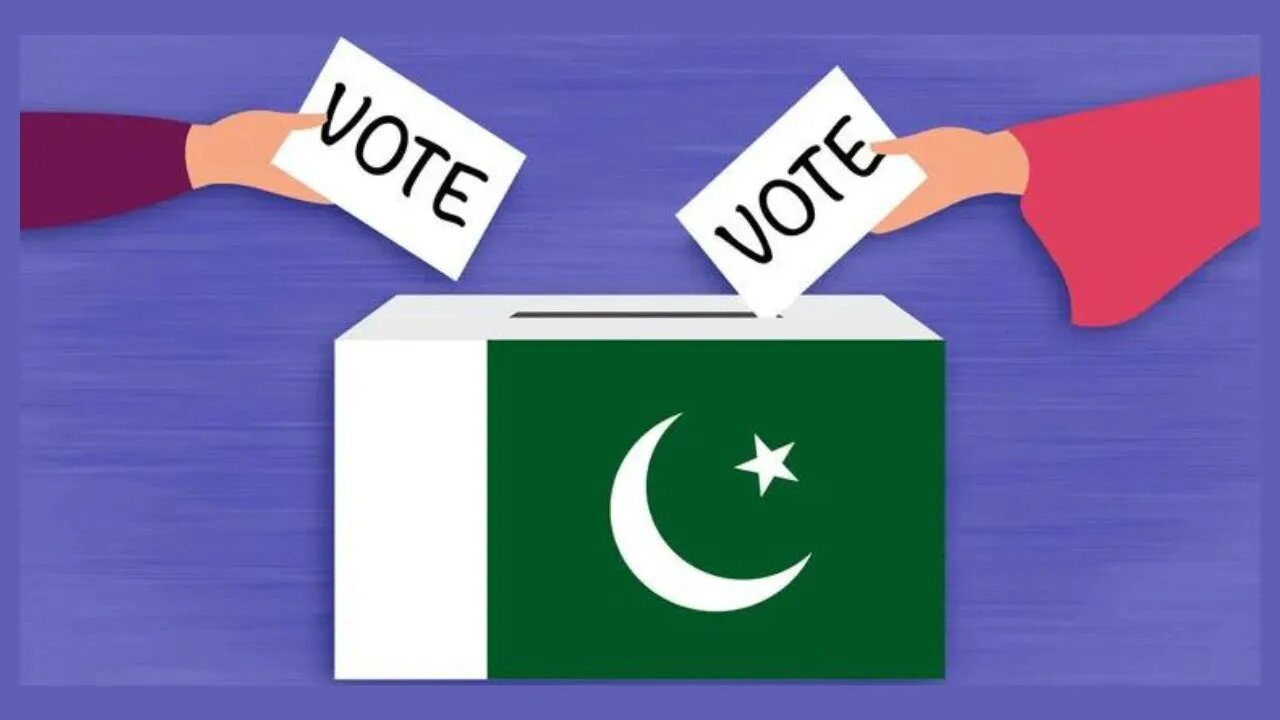Premium Only Content

We demand free and Fair elections in Pakistan!
We demand free and Fair elections in Pakistan!
Free and fair elections are a cornerstone of democratic societies, and they offer numerous benefits to both individuals and the broader community. Here are some of the key benefits:
Expression of Popular Will: Free and fair elections allow citizens to express their political preferences and choose their representatives. This ensures that those in power are accountable to the people.
Legitimacy: Elections confer legitimacy on the government. When leaders are elected through a transparent and fair process, the public is more likely to accept their authority.
Peaceful Transfer of Power: In democracies, power can change hands peacefully through elections, reducing the likelihood of political instability, violence, or coups.
Accountability: Elected officials are accountable to their constituents. Knowing that they can be voted out of office in the next election encourages them to act in the public interest and fulfill their campaign promises.
Protection of Minority Rights: In a democratic system, minority voices have a chance to be heard and represented. Electoral systems can include mechanisms to protect the rights and interests of minority groups.
Encourages Civic Participation: Elections encourage citizens to become informed about political issues, engage in public discourse, and participate in the democratic process. This increased civic participation is beneficial for the overall health of a democracy.
Enhances Rule of Law: Free and fair elections are often accompanied by a strong rule of law. This, in turn, promotes legal and political stability and helps prevent corruption and abuse of power.
Economic Development: Democracies that hold free and fair elections tend to have more stable economic environments. This stability can attract investment, encourage entrepreneurship, and promote economic growth.
Human Rights Protection: Democracies with regular elections are more likely to uphold human rights and protect civil liberties. The fear of losing public support often deters leaders from engaging in repressive practices.
Innovation and Progress: Democracies foster an environment that encourages innovation and progress. Competition for political office can lead to the development and implementation of new policies and ideas.
International Relations: Democracies that hold free and fair elections are often seen as more reliable and trustworthy partners in international relations, which can lead to more favorable diplomatic and trade relations.
Social Cohesion: The process of election campaigns and political dialogue can contribute to social cohesion by providing a forum for addressing societal issues and reaching consensus on important matters.
Adaptability: Elections allow for changes in leadership and policy direction in response to shifting public needs and preferences.
It's important to note that while free and fair elections have many benefits, they are not a guarantee of a perfect government. The quality of governance also depends on the strength of institutions, the rule of law, and the engagement of a vigilant and informed citizenry. Nonetheless, free and fair elections remain a fundamental element of democratic systems worldwide.
-
 DVR
DVR
Rallied
11 hours ago $0.54 earnedWarzone Challenges w/ Doc & Bob
166K2 -

Joe Donuts Live
3 hours ago🟢 Lost in Space with My Clones: The Alters Adventure Begins
14.9K -
 7:20:22
7:20:22
Dr Disrespect
12 hours ago🔴LIVE - DR DISRESPECT - TRIPLE THREAT CHALLENGE - WINNING AT EVERYTHING
196K12 -
 2:35:33
2:35:33
Chrono
5 hours agoBirthday-eve Stream | Helldivers II
12.8K -
 54:40
54:40
BonginoReport
1 day agoLABOR DAY SPECIAL! The Best of Nightly Scroll - Nightly Scroll w/ Hayley Caronia (Ep.124)
107K13 -
 2:39:21
2:39:21
Joker Effect
3 hours agoReviewing the downfall of Kick Streaming. Kick streamers welcome to Rumble! Stake bombshell found!
20.2K1 -
 1:06:10
1:06:10
Russell Brand
12 hours agoThe Greatest Lie Ever Told? - SF625
85.9K107 -
 3:25:13
3:25:13
elwolfpr
4 hours agoBlack Ops 6: Rise of the Relentless
7.62K1 -
 LIVE
LIVE
Phyxicx
3 hours agoChillin - For The King - 9/1/2025
12 watching -
 LIVE
LIVE
Spartan
8 hours agoNew Game+ on E33, then back to Halo Grind
76 watching